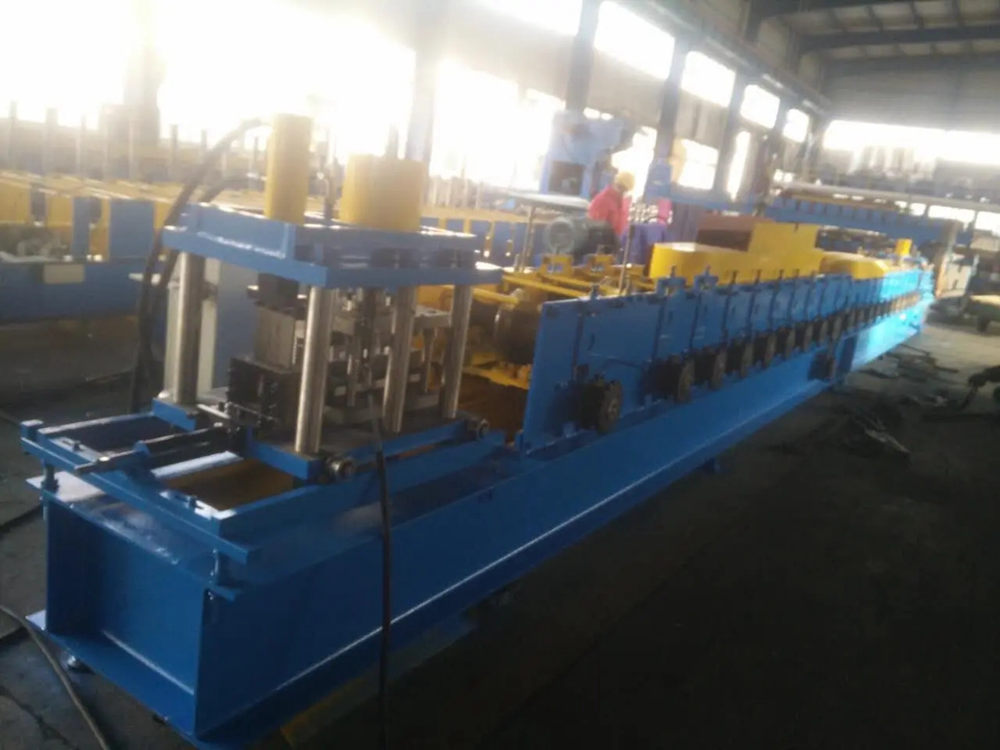The Importance of Thread Rolling Machines in Modern Manufacturing
In the realm of metalworking and manufacturing, thread rolling machines have emerged as indispensable tools for creating robust and precise threaded components. These machines utilize a unique cold forming process, wherein metal blanks are transformed into threaded parts without the need for cutting, which can lead to increased efficiency and reduced material waste. In this article, we will explore the principles behind thread rolling, its advantages, applications, and the future of this technology in modern manufacturing.
What is Thread Rolling?
Thread rolling is a metal forming process that involves the reshaping of a workpiece by applying pressure through specially designed dies. Unlike traditional machining methods, such as turning or milling, which remove material to create threads, thread rolling deforms the workpiece to produce threads. This process is typically performed at room temperature, allowing manufacturers to benefit from enhanced material properties. The process can be done on various metals, including steel, aluminum, and brass, and is suitable for a wide range of diameters and lengths.
The primary types of thread rolling machines include flat and cylindrical (or radial) rolling machines. Flat machines are ideal for producing threads on flat surfaces, while cylindrical machines are used for rolling threads on round components. Both types of machines ensure high precision and repeatability, making them popular choices in various industries.
Advantages of Thread Rolling Machines
1. Material Efficiency One of the most significant advantages of thread rolling is its material efficiency. Since the process does not involve cutting, there is minimal material waste. Additionally, the cold forming process can enhance the strength of the material, resulting in components with improved mechanical properties.
2. High Precision Thread rolling machines offer remarkable precision in the production of threaded parts. The process creates threads that meet stringent tolerances, ensuring a perfect fit in applications such as automotive or aerospace, where precision is paramount.
3. Increased Production Speed Thread rolling is often faster than traditional machining methods, allowing manufacturers to produce large volumes of threaded components in a shorter time frame. This increase in production speed can significantly enhance overall operational efficiency.

4. Reduced Tool Wear The absence of cutting tools in thread rolling means there is less wear and tear on equipment. This characteristic leads to lower maintenance costs and extends the machine's lifespan.
5. Versatility Thread rolling machines are versatile and can be adapted to produce various thread forms, including metric, UN, and special profiles, making them suitable for diverse industry needs.
Applications of Thread Rolling
Thread rolling machines are utilized in a wide array of industries, including automotive, aerospace, construction, and electronics. Components such as bolts, screws, nuts, and fasteners are commonly produced using this technique. In the automotive industry, thread rolling is crucial for manufacturing parts that endure high stress and mechanical loads. Similarly, in aerospace, thread rolling ensures that components can withstand the demanding environments encountered during flight.
Furthermore, the electronics sector utilizes thread rolling for precise connectors and fasteners integral to assembling electronic devices. The reliability and durability of rolled threads contribute to the longevity and performance of these products.
The Future of Thread Rolling Machines
As industries continue to evolve, the demand for efficient and precise manufacturing processes will only grow. Innovations in automation and computer numerical control (CNC) technology are already enhancing the capabilities of thread rolling machines. By integrating advanced technologies, manufacturers can achieve even greater efficiency, precision, and flexibility in their production processes.
In conclusion, thread rolling machines represent a pivotal advancement in the manufacturing domain, offering a plethora of advantages such as material efficiency, precision, speed, and versatility. As the industry continues to embrace technological advancements, the role of thread rolling is likely to expand, solidifying its position as a cornerstone of modern manufacturing practices. The future looks bright for this essential technology, ensuring that it will remain integral to producing high-quality threaded components across various sectors.